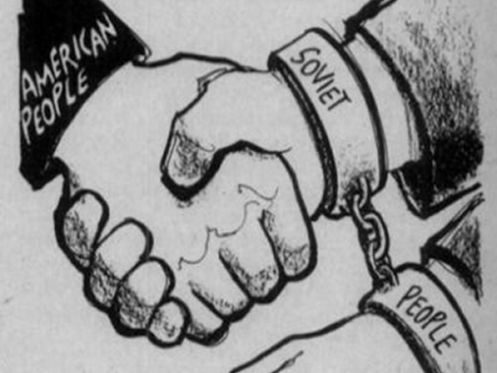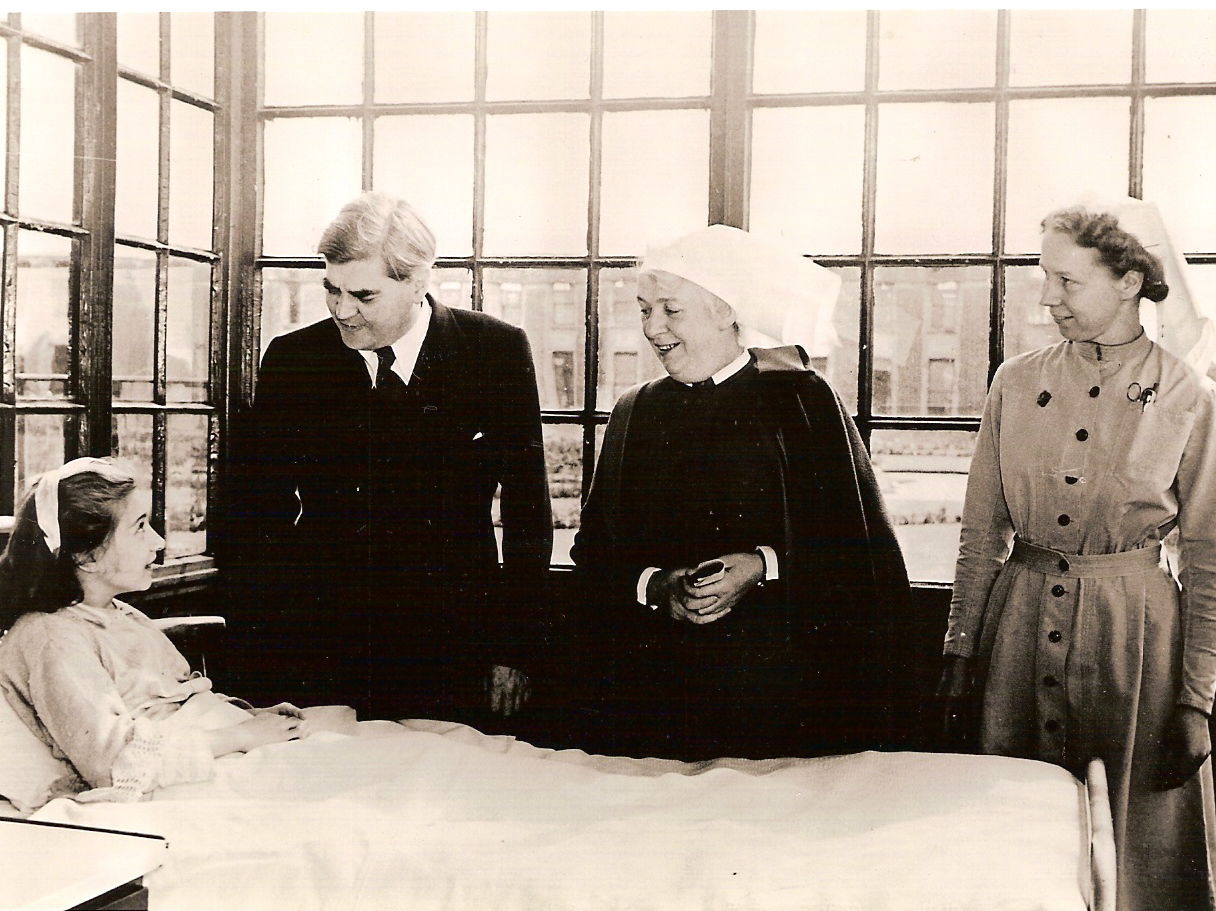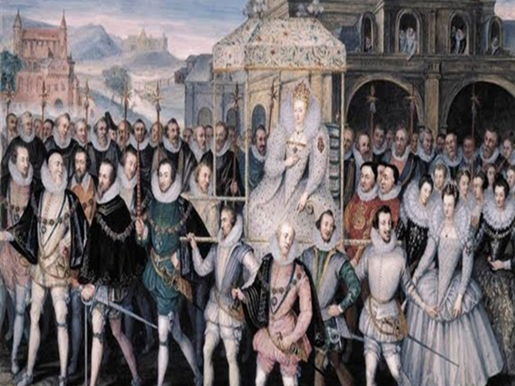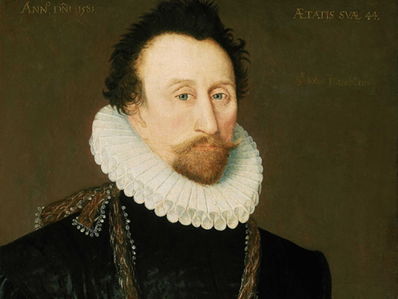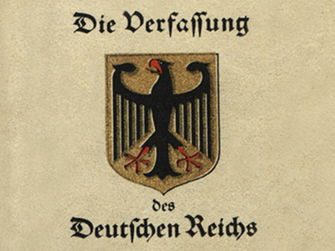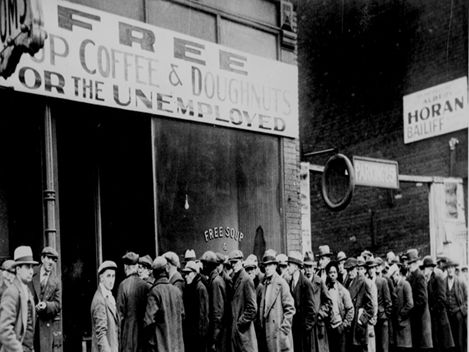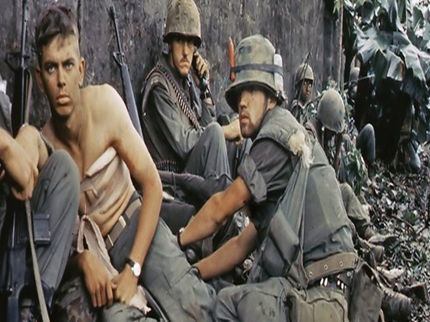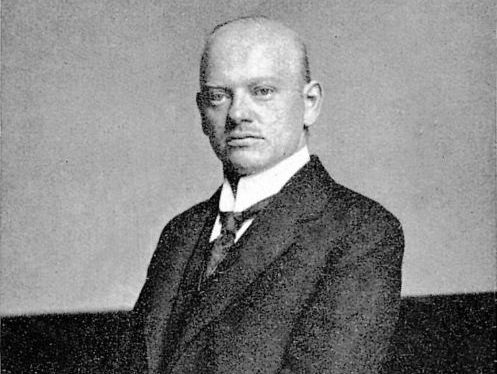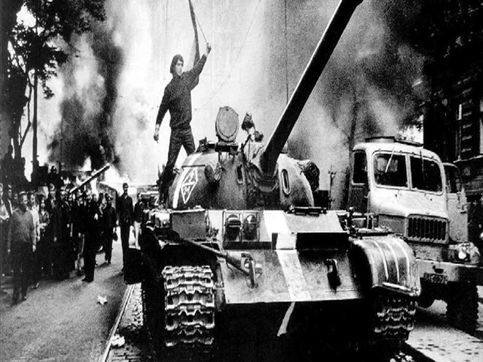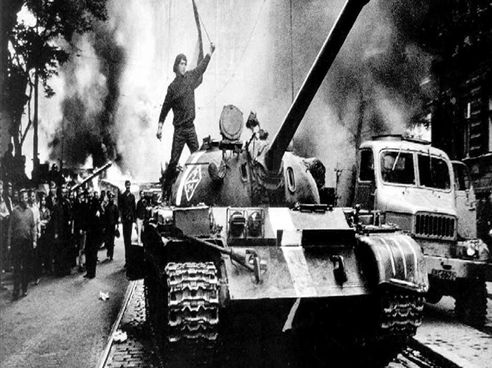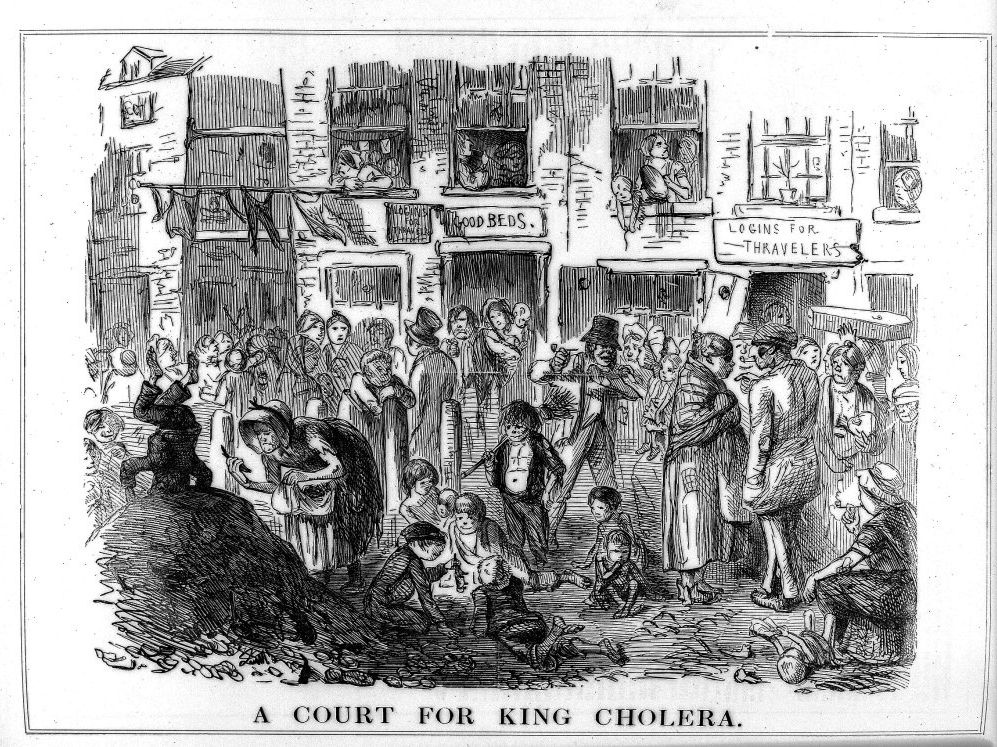Cengiz Kemal's Shop
I am a history teacher at a secondary school in North London. I’ve been teaching for over 6 academic years. In my shop you can find many amazing history resources to use in the classroom every day for all year groups from years 7-13. My GCSE resources are for the AQA spec. I have resources that cover the following units: •Democracy and dictatorship: Germany, 1890-1945 •Cold War, 1945-72 •Elizabethan England, 1568-1603. The A Level resources I have uploaded also follow the AQA spec.





